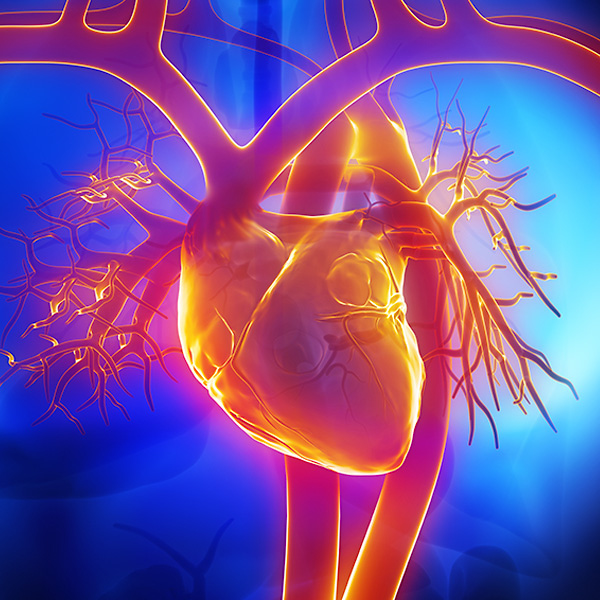Pericarditis
Overview and Facts about Pericarditis
Pericarditis is a heart condition in which the pericardium, the two-layer membrane surrounding the heart, becomes swollen and irritated. Severe, pang-like pain occurs when the layers of the pericardium rub against one another.
Under normal circumstances, the pericardium surrounding the heart contains a small amount of fluid for lubrication. People with pericarditis experience friction and inflammation between the two layers, which causes pain.
Pericarditis can be acute, meaning it comes on suddenly and does not last a long time, or it can be chronic, developing over a longer period and taking longer to treat.
Signs and Symptoms of Pericarditis
Depending on the type of pericarditis, signs and symptoms can include any of the following:
- Sharp, piercing pain over the center or left side of the chest
- Feeling short of breath while in the reclining position
- Low-grade fever
- Overall sense of weakness, fatigue or feeling ill
- Cough
- Swelling in the abdomen or leg
Causes and Risk Factors of Pericarditis
In many cases, doctors cannot determine the exact cause of this heart condition. Pericarditis can develop after a heart attack or heart surgery due to the irritation of the underlying damaged heart tissue; this is referred to as Dressler’s syndrome.
Other causes of pericarditis can include:
- Systemic inflammatory disorders, such as lupus or rheumatoid arthritis
- Trauma, such as a car accident or injury to the chest
- Certain health disorders, including kidney failure, AIDS, tuberculosis or cancer
Tests and Diagnosis of Pericarditis
Early diagnosis of pericarditis is important for avoiding long-term complications. To confirm the diagnosis, your doctor will order some of the following tests:
- Chest X-ray: X-rays provide imagery for the state of your lungs and heart.
- Electrocardiogram (ECG or EKG): Electrodes attached to the chest can detect the electrical activity of the heart and reveal abnormalities in heart rhythm.
- CT scan: A CT scan collects images of the heart and chest.
- MRI: An MRI generates radio waves that produce images of the heart.
Treatment and Care for Pericarditis
The majority of pericarditis cases are mild and improve without treatment. The doctor might prescribe medications to help reduce the inflammation and swelling associated with pericarditis. These medications include:
- Pain relievers: Most over-the-counter pain relievers, such as Advil or Motrin, can help reduce the pain associated with pericarditis. They can also help address inflammation.
- Colchicine: Colchicine is a medication that reduces inflammation throughout the body, including the heart.
- Corticosteroids: Steroid medications can also reduce inflammation.
In more severe cases, hospital procedures can reduce fluid buildup in the pericardium that could be causing the inflammation.

Request an Appointment
Loyola Medicine heart and vascular specialists have the experience and technology to treat the most difficult cardiac and vascular conditions. Schedule an appointment today.
Schedule a Telehealth Appointment
